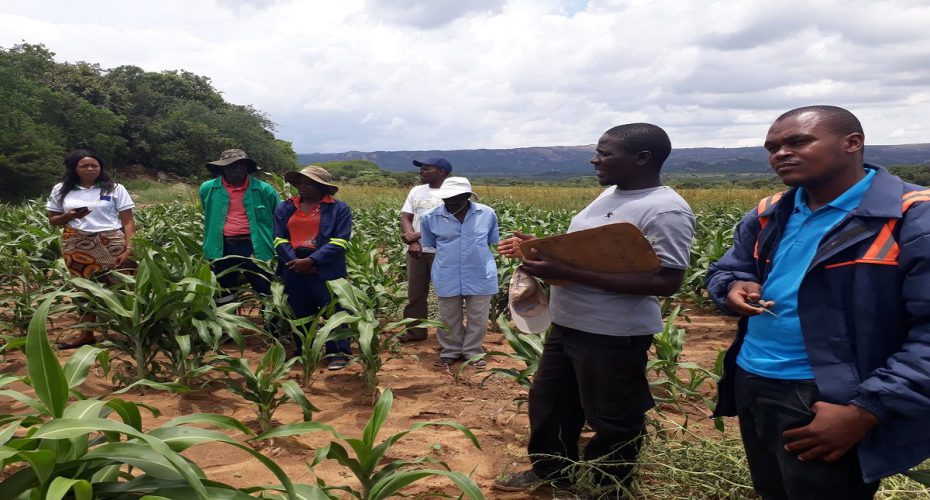Rural farmers in Gwanda, Matabeleland South, Zimbabwe are generally cut off from vital government agriculture services by virtue of distance. The solution is: cheaply-recorded MP3 podcasts that are bringing awareness of weather, crop prices, or pest control.
The problem is that Matabeleland South is one of Zimbabwe´s driest and underdeveloped region. The soil is rocky, agriculture colleges are rare, agriculture technicians shun the vast district, sporadic flooding can ruin crops, and cellphone signals don’t cover the entire region.
MP3 podcasting in Matabeleland South is therefore the effort of local non-profit agencies who, with the participation of communities and agriculture extension experts, capture information about crop, livestock production or hygiene issues.
Content is recorded by development agents like Practical Action while using the voice of community farmers. Weather tips, pest movements, poultry health advice, or fruit prices from agriculture extension agents and other nonprofit organizations is styled into digital formats and loaded onto MP3 devices.
Farmers and local communities are not simply passive receivers of podcasts. “Our voices are recorded also as a way of making sure agriculture information is relayed in a language we understand,” says local farmer John Mleya, 54, who is trying to grow sesame for the first time.
“I learnt via a USB MP3 how to separate poultry by cages to avoid diseases if one does not have access to livestock antibiotics. We don’t know how to use computers so MP3s are a straightforward alternative.”
Vumani Ngulube is the state health technician in Gwanda district and he praises this approach. “We as the government are challenged for lack of budgets, having a vast district to cover and staff exodus to cities. Processes like loading MP3 podcasts to spread health information to farmers is very welcome.”
Progress Manqoba, a maize farmer in Manama village, Gwanda, is pleased because podcasts give him an ability to listen to content again and again. “Public radio is too fast. Presenters vanish quickly with vital agriculture information. With podcasts I can replay the message several times until I understand better.”
He says the MP3 podcasts were instrumental in starting to grow bio-fortified maize. “I didn’t know there were contractors who were offering bio-fortified maize as a way to beat drought,” he says. “I first heard it on podcasts, and I have accessed bio-fortified seed and maize shelling granaries from contractors.”
So far, 48 MP3 farmer podcasts have been recorded and distributed to farmers in the district.
Picture credit: EU Zimbabwe
Contributions to YenKasa Africa are written by partner organizations to showcase their work. The views expressed in these contributions do not necessarily reflect those of all YenKasa Africa partners.

